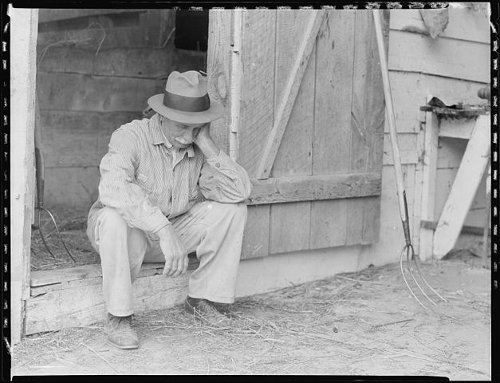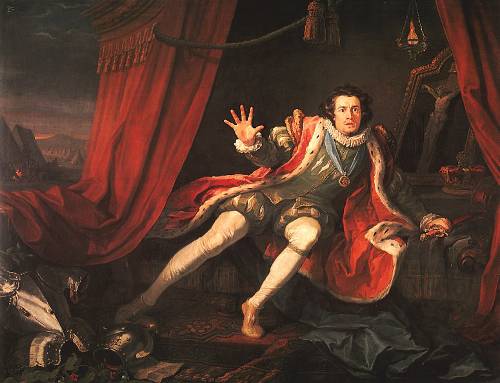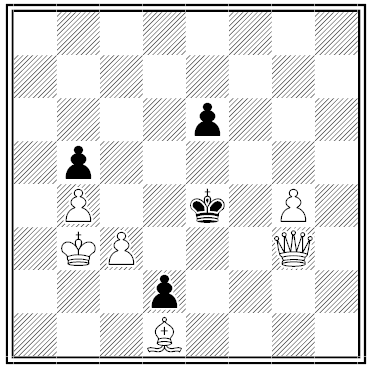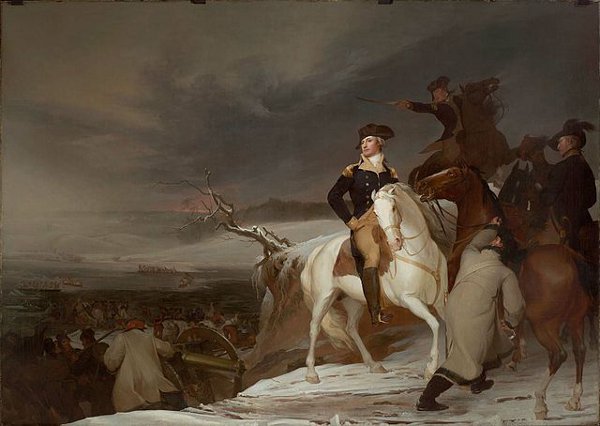For her 1974 book Lighter Side of the Library, Janice Glover asked American librarians to recall titles requested by confused patrons, and the books they turned out to want:
Requested: Who Is Your Schoolmaster?
Book wanted: Hoosier Schoolmaster
Requested: Entombed With an Infant
Book wanted: In Tune With the Infinite
Requested: The Missing Hand
Book wanted: A Farewell to Arms
Requested: The Armored Chinaman
Book wanted: The Chink in the Armour
Requested: King of the Ants
Book wanted: Lord of the Flies
Requested: The Wooden Kid
Book wanted: Pinocchio
Requested: Five Pennies and the Sun
Book wanted: The Moon and Sixpence
And so on: From Here to Maternity; The Merchant of Venus; “Allergy in a Country Churchyard”; My Heart Is Wounded, They Buried My Knee. One inspired library staff finally sent a student home with Homer’s Iliad; he had come in asking for Homeless Idiot.






